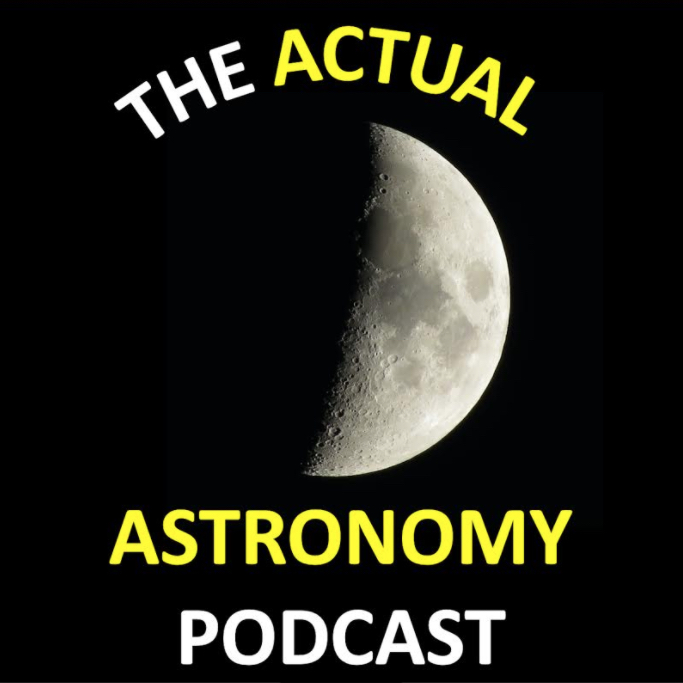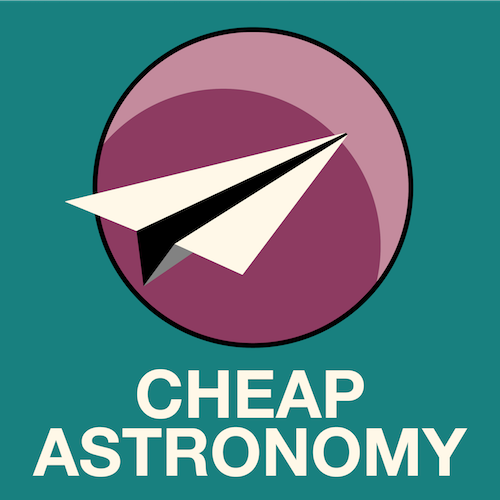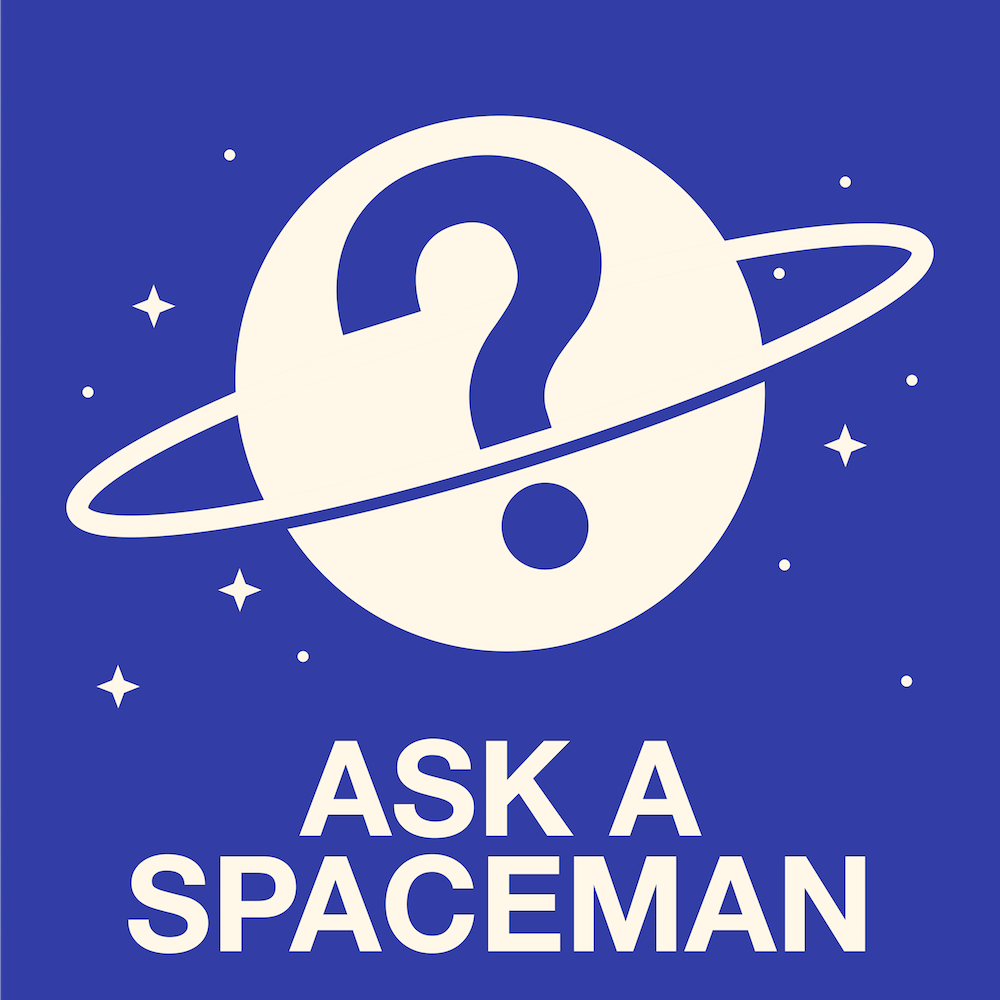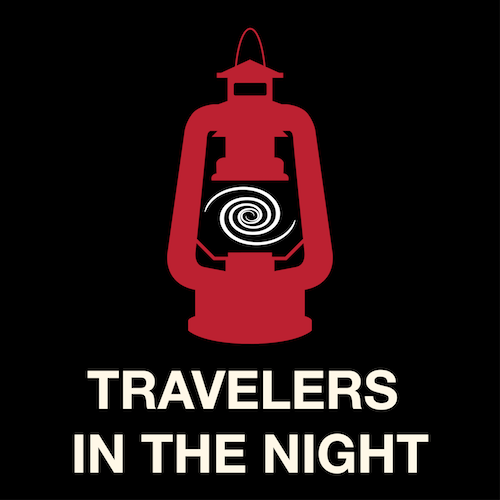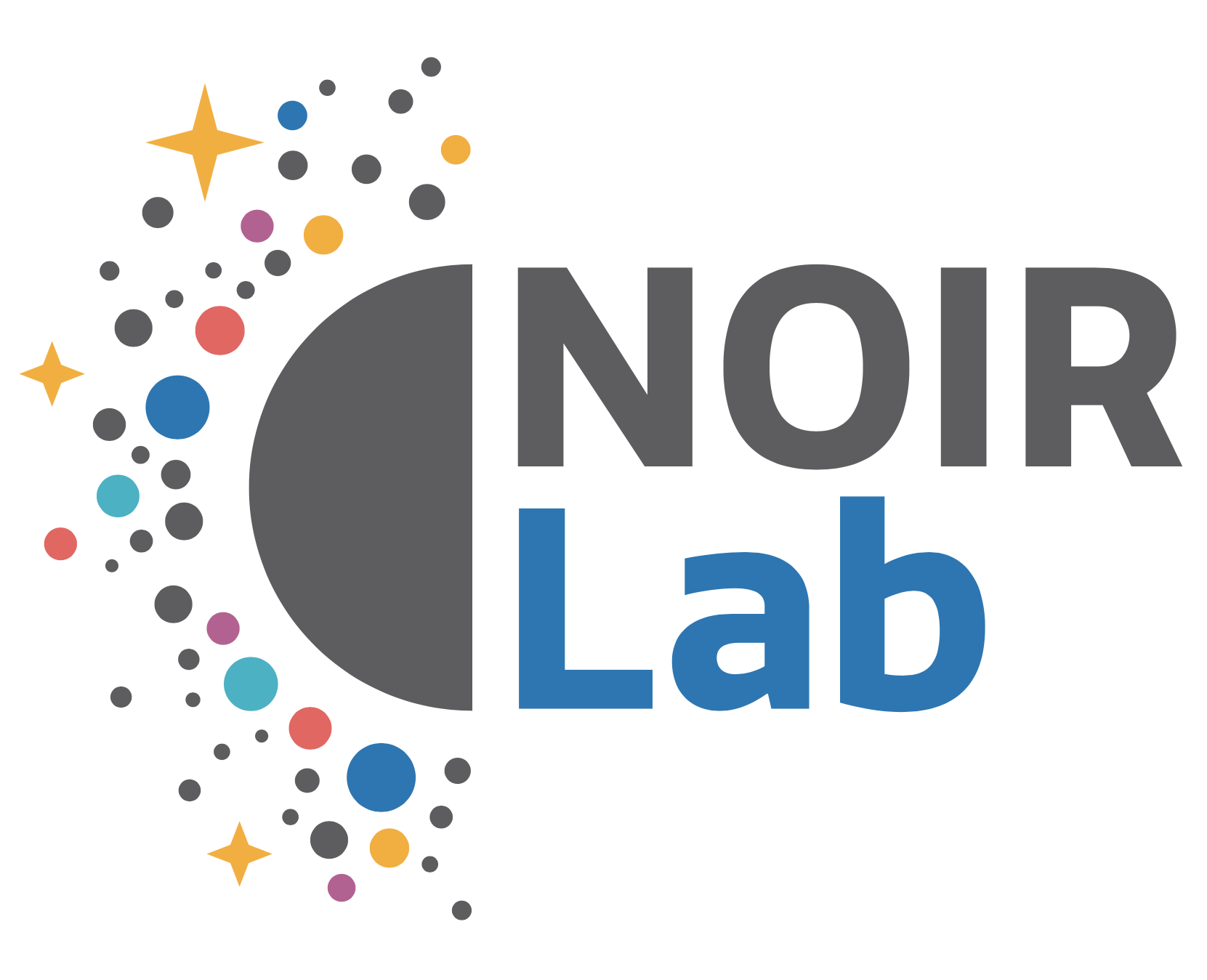Today’s Episode
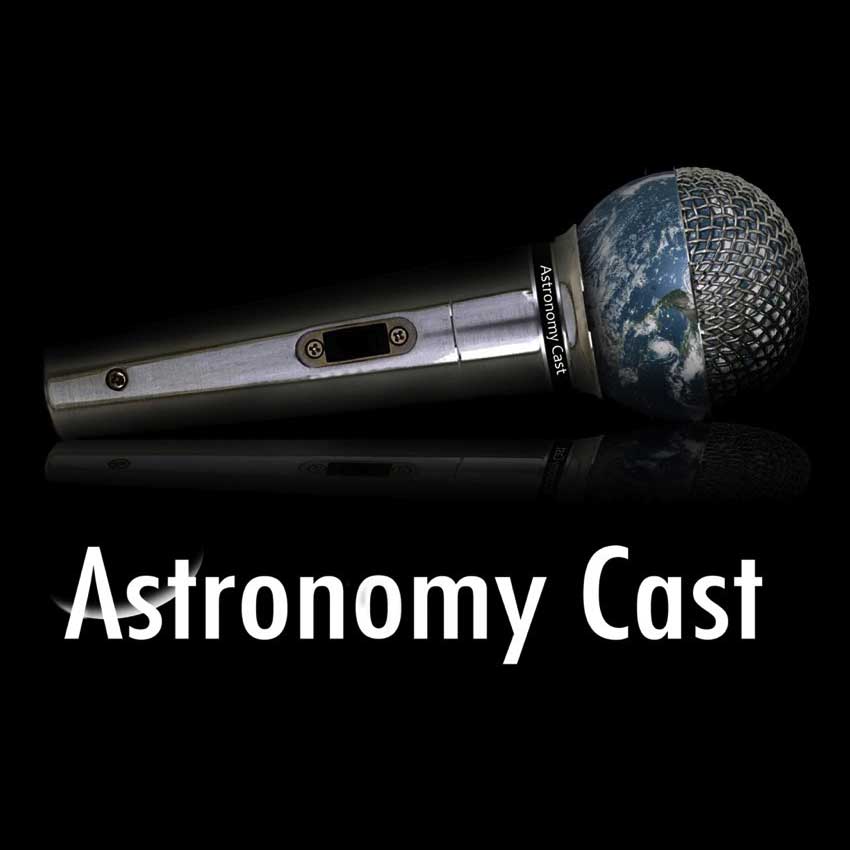
Jun 30th: It’s Here! The Vera Rubin Observatory
The time has come. The mighty Vera Rubin Observatory has finally come on line and delivered its “first light” images. Lets talk about it
Subscribe & Follow
Project Director: Avivah Yamani
Audio Engineer: Richard Drumm
Executive Producer: Pamela L. Gay
Learn more about us on our
Credits and Sponsors page.
We are a community podcast,
bringing you the voices of astronomy & astronomy lovers,
everyday of the year.
More Recent Episodes
Jun 19th: The Chiricahua Sky Village
Today’s Actual Astronomy discuss with Peter Monson about his established observing site at the Sky Village in Arizona
Jun 18th: Out There!
Jun 17th: Where Do the Constants of Nature Come From? Part 2
What are the modern constants of nature? Is the universe fine-tuned for life? Does the multiverse or string theory explain the origins of the constants?
Jun 16th: The Commercial Space Program
Space used to be a place occupied by government-funded and military missions, but today, we’re seeing the rise… and fall of missions with commercial design and funding. Let’s talk about how this is good, bad, and maybe just too soon.
Jun 15th: Lost and Found & WOW! What a Ride!
Lost rocks, wild rides: hunters just recovered asteroid 2001 WF49 after 15 yrs and tracked 2016 XG1 blazing past the Sun at 46 mi/s. Space rocks never sit still!
Jun 14th: Messengers Of Time And Space
Messengers of Time and Space, a free fulldome show from NSF NOIRLab. Hear its making and where to watch in our podcast


